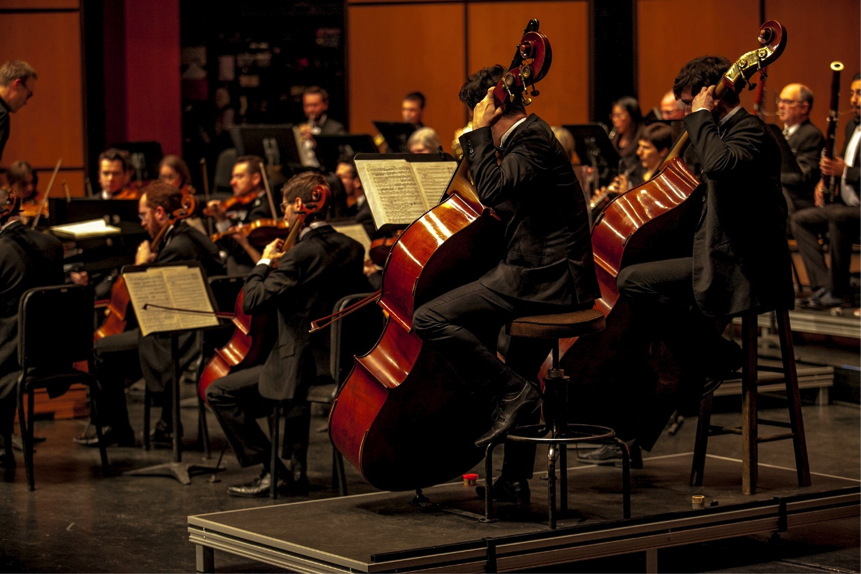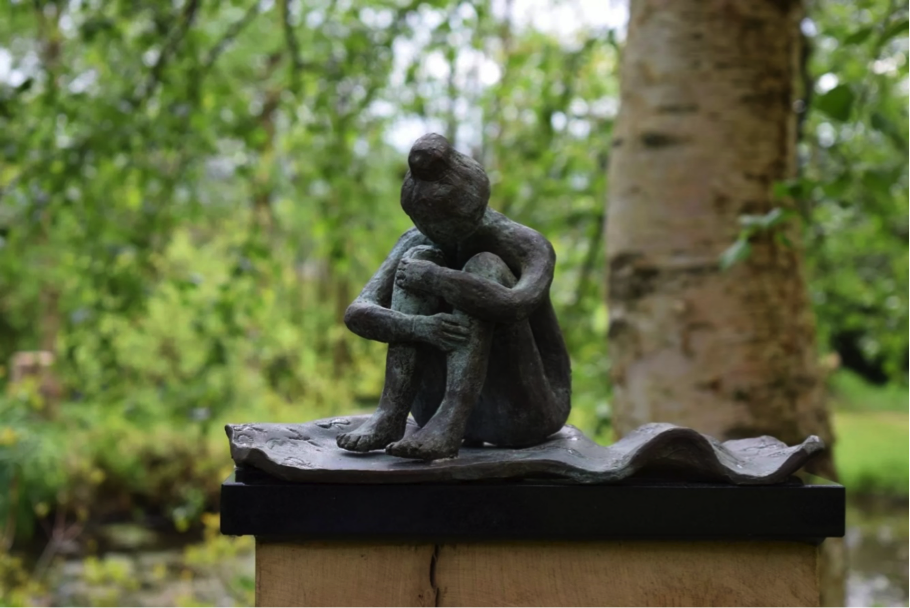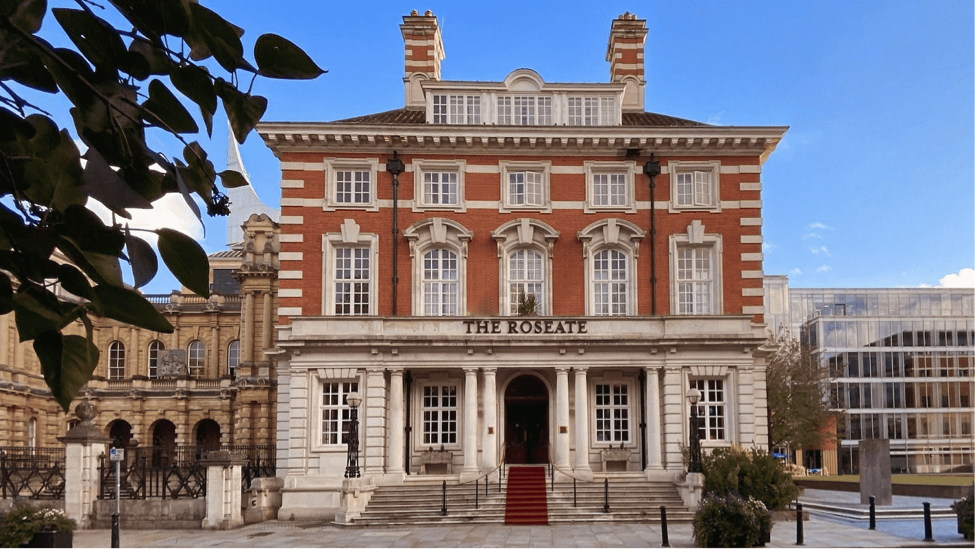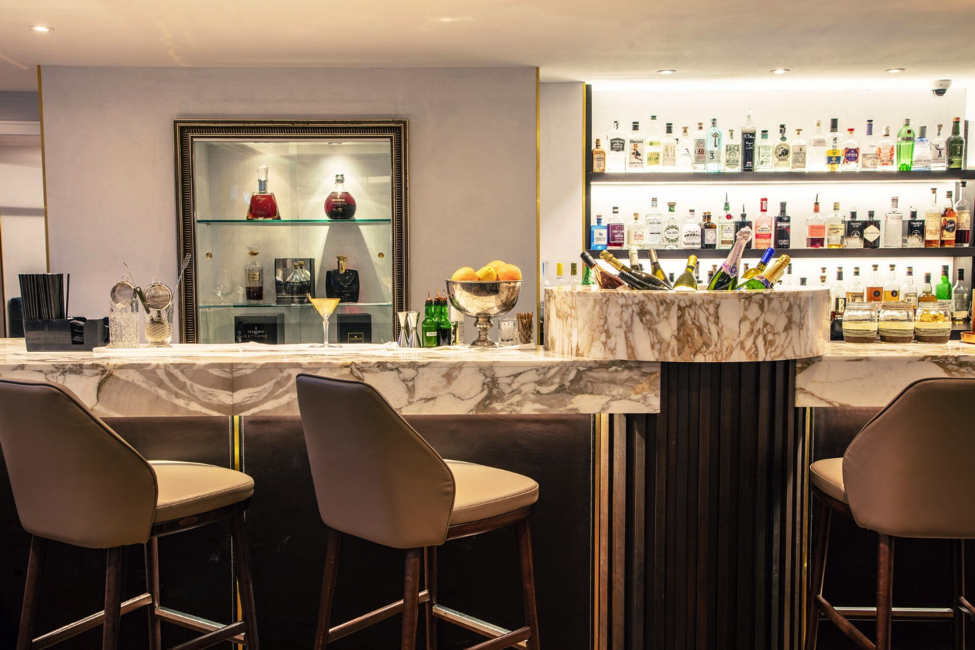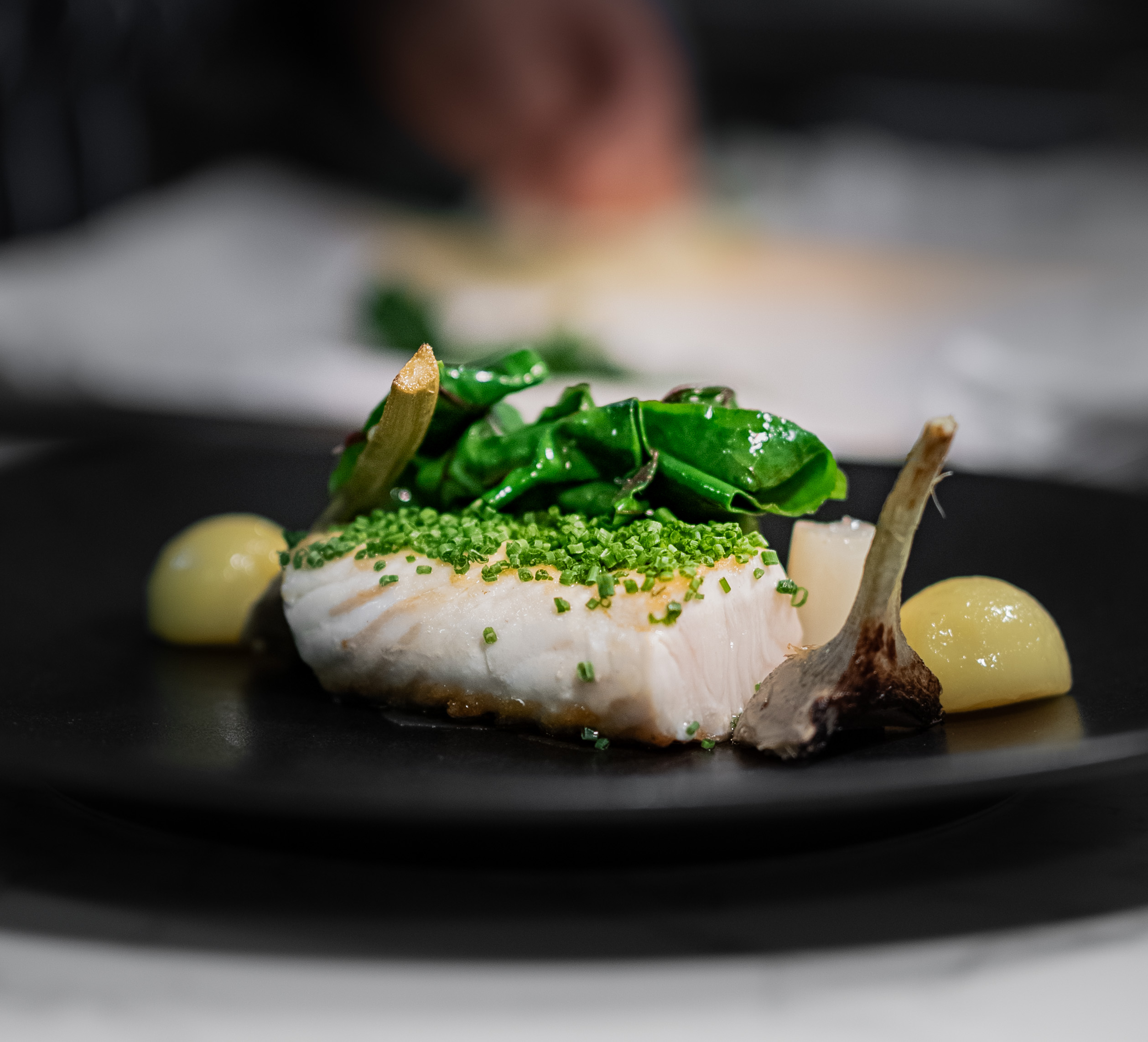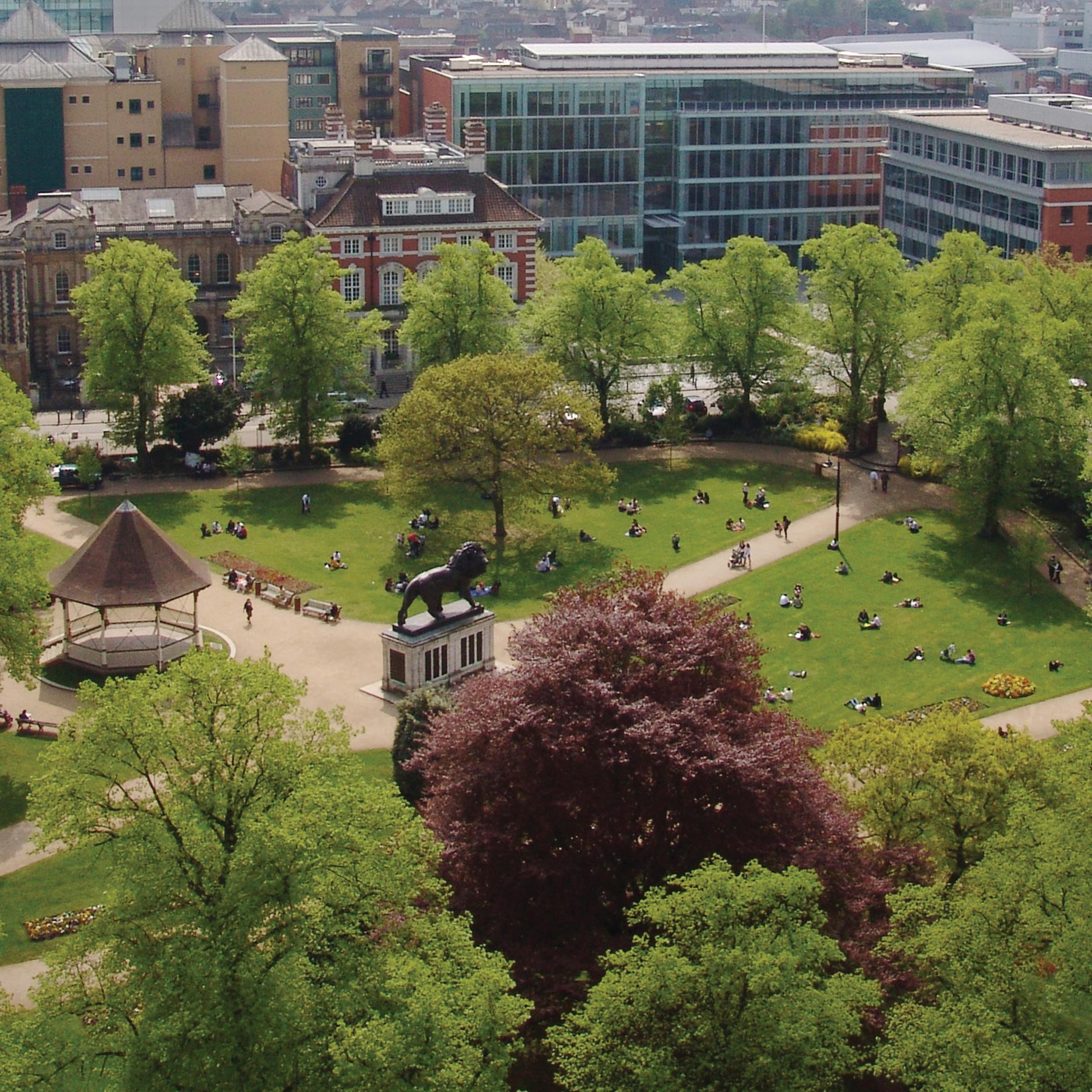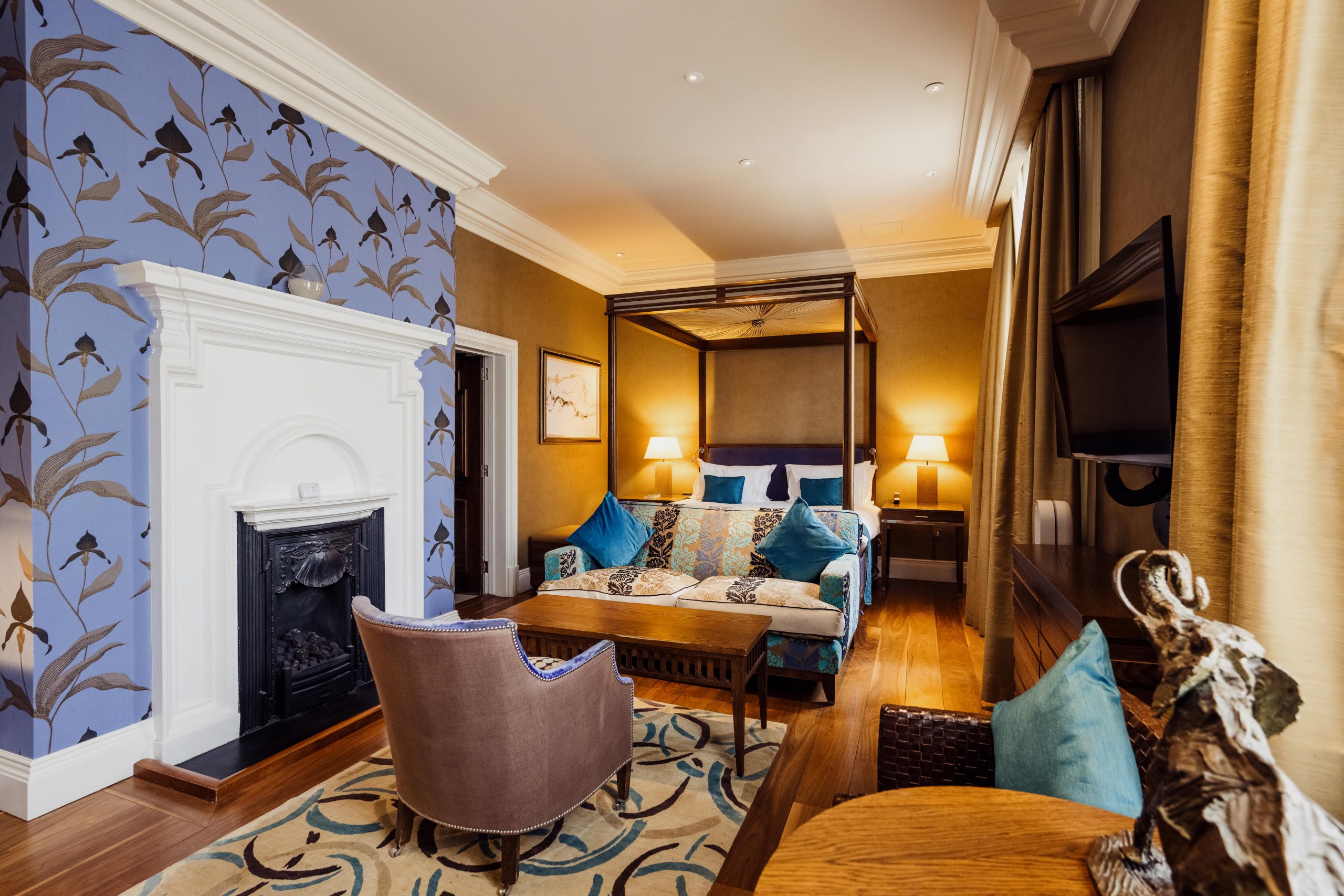Reading has long been one of the UK’s most dynamic business hubs, owing to its proximity to London, excellent connections, and thriving tech and services industries. But beyond the pace of meetings and schedules lies another side to the town- one that rewards those who give in to moments of discovery.
After hours spent indoors with meetings and screens even when Summer takes over outside, making time for fresh air and gentle movement becomes essential. Walking through Reading’s green spaces, past its historic landmarks, or along peaceful, tree-lined trails offers a simple way to recharge while discovering the town at a personal pace. This summer, let a healthy, active lifestyle shape how you explore, turning business trips into opportunities to connect with both the place and yourself.
Walks that Let You Discover Reading the Healthier Way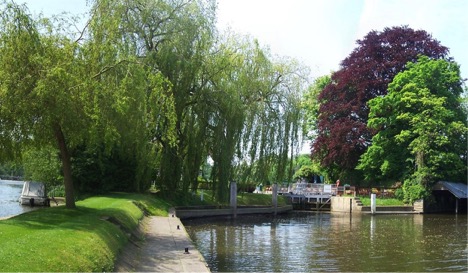
– Thames Path National Trail: Reading to Shiplake
A scenic riverside route that takes you along the Thames, offering peaceful views and fresh air as you walk from Reading to Shiplake. It is ideal for those who want to combine gentle exercise with countryside charm. You can always return easily by train, making it perfect for a half-day break from work.
– Town Centre Brewery Heritage Walk
You get to discover Reading’s brewing history as you stroll past landmarks like the former Simonds Brewery, Seven Bridges House, and the site of the old Castle Brewery. The route tells the story of the town’s brewing legacy while weaving through historic streets and riverside paths.
– Abbey Trail
A circular walk through Reading’s historic heart, you can start at Reading Museum or the station, and the trail takes in the Abbey Gateway, the atmospheric Abbey Ruins, the Riverside Museum, and the peaceful River Kennet. It is perfect for a cultural pause that doesn’t take you far from town.
– Town Centre 1920s/30s Architecture Walk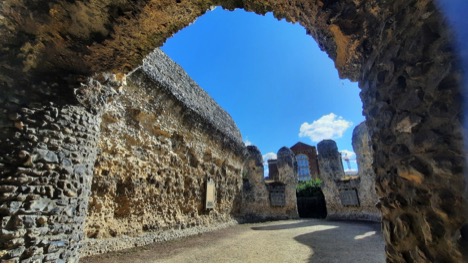
For those drawn to design, this walk reveals Art Deco shop fronts, the striking Harris Arcade, and civic buildings from between the wars and more. It is a chance to see Reading through the details of its buildings and architecture.
– Coley History Walk
Explore one of Reading’s oldest neighbourhoods, where quiet streets and historic buildings reflect the town’s growth over the centuries. This is a gentle route for those looking to mix walking with local character.
– Burghfield Common Circular Walk (including Silchester)
A more rural route that loops through open countryside and takes in Silchester’s Roman heritage, this is perfect if you want a longer walk with historical depth and a taste of the English landscape.
– London Road University Campus Heritage Trail
This trail winds through one of Reading’s most historic campuses, where red-brick architecture and green spaces come together, telling the story of the university’s evolution from its early connection to Oxford to the present day.
– Palmer, Brunel, Suttons & Two Rivers Walk
A heritage trail that highlights Reading’s industrial and engineering legacy, from the famous biscuit-makers to Brunel’s railway influence, all set against the backdrop of two rivers that shaped the town.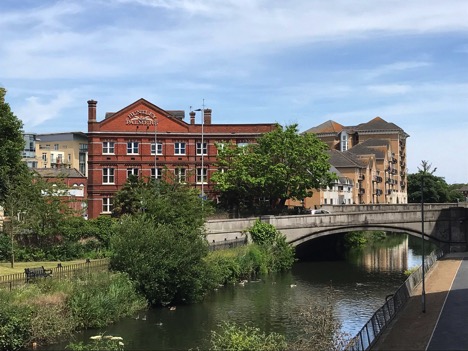
– Tilehurst Tree Trail
A peaceful walk past Victorian-era plantings, including avenues of lime, birch, poplar, and oak, along with hidden corners of Tilehurst village. It is a perfect mix of greenery and quiet charm.
– Whiteknights Campus
A green oasis within the town, this walk is ideal for a break between meetings or a gentle evening stroll, offering leafy paths, historic buildings, and space to simply pause and breathe.
For business travellers wondering where to stay in Reading for business and leisure, finding a balance between work this summer along the Thames Path, through the Abbey Ruins, or past the town’s Art Deco landmarks, a moment of calm at the end of the day will feel well deserved. The Roseate Reading, amongst the best hotels with wellness packages also offers The Aheli Experience– a stay in a well-appointed room in a luxurious townhouse hotel, paired with a 60-minute signature spa treatment designed to restore and refresh you, along with a generous English breakfast to start the next day on the right note.


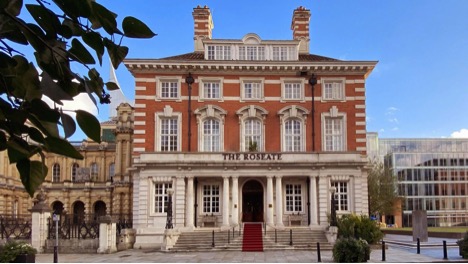 considered base for your luxury weekend break near Henley-on-Thames. If you are considering options for where to stay for Henley Festival 2025, from The Roseate Reading, guests can arrive without the rush and return to a space defined by calm and quiet elegance. For first-time visitors in particular, it takes the pressure out of planning, allowing the weekend to unfold at its own unhurried pace.
considered base for your luxury weekend break near Henley-on-Thames. If you are considering options for where to stay for Henley Festival 2025, from The Roseate Reading, guests can arrive without the rush and return to a space defined by calm and quiet elegance. For first-time visitors in particular, it takes the pressure out of planning, allowing the weekend to unfold at its own unhurried pace.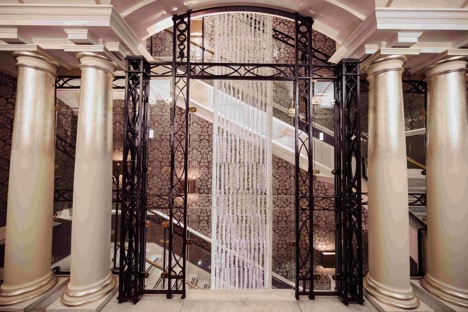 Resisting the generic, chasing the luxurious hospitality we seek to offer you, our art pieces have to enrich your experience at The Roseate Reading. Our commitment to art is not just aesthetic; but philosophical with each piece here not just placed, but chosen with care. It carries a story, a hand, a sense of time and place. It’s art that meets you with presence — and invites a response.
Resisting the generic, chasing the luxurious hospitality we seek to offer you, our art pieces have to enrich your experience at The Roseate Reading. Our commitment to art is not just aesthetic; but philosophical with each piece here not just placed, but chosen with care. It carries a story, a hand, a sense of time and place. It’s art that meets you with presence — and invites a response. In the quiet of our bedrooms, guests are met with the dynamism of Paul Ambille’s equine paintings. A former president of the French Artists’ Society and winner of the Grand Prix de Rome for painting, Ambille brought vitality to every canvas. His time at Villa Medici, under the patronage of the French Ministry of Culture, allowed him to paint without interruption — and that freedom of spirit is felt in each brushstroke.
In the quiet of our bedrooms, guests are met with the dynamism of Paul Ambille’s equine paintings. A former president of the French Artists’ Society and winner of the Grand Prix de Rome for painting, Ambille brought vitality to every canvas. His time at Villa Medici, under the patronage of the French Ministry of Culture, allowed him to paint without interruption — and that freedom of spirit is felt in each brushstroke.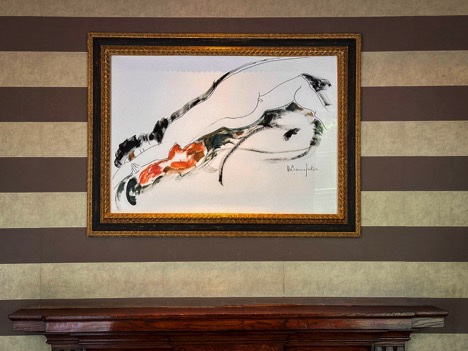
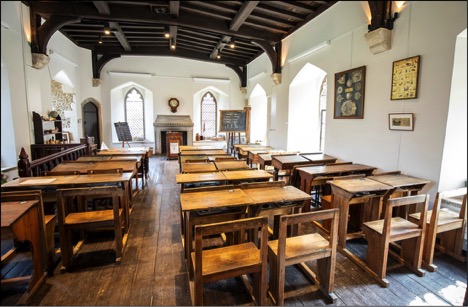
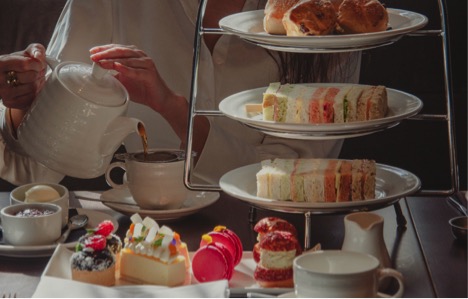 An Afternoon Worthy of Austen
An Afternoon Worthy of Austen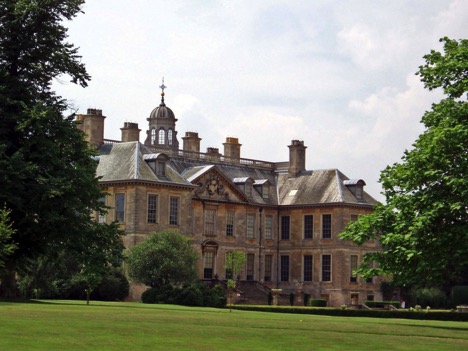

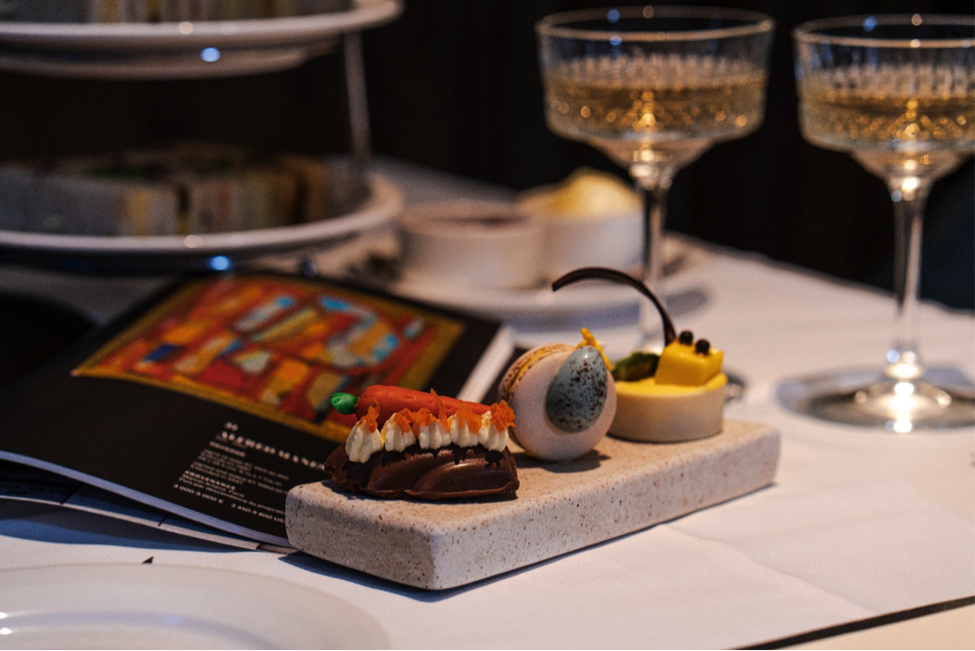
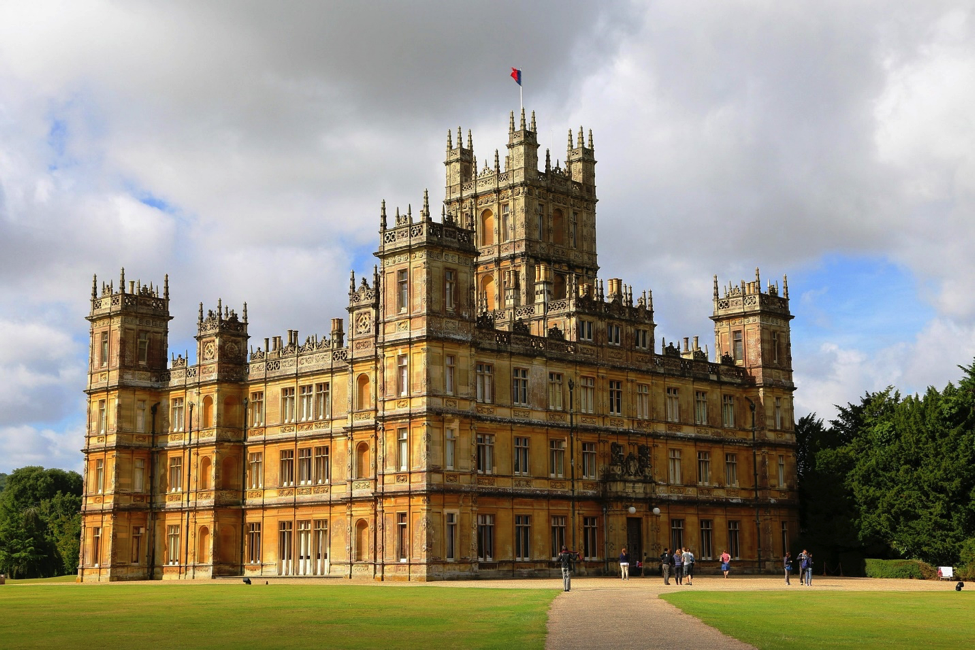
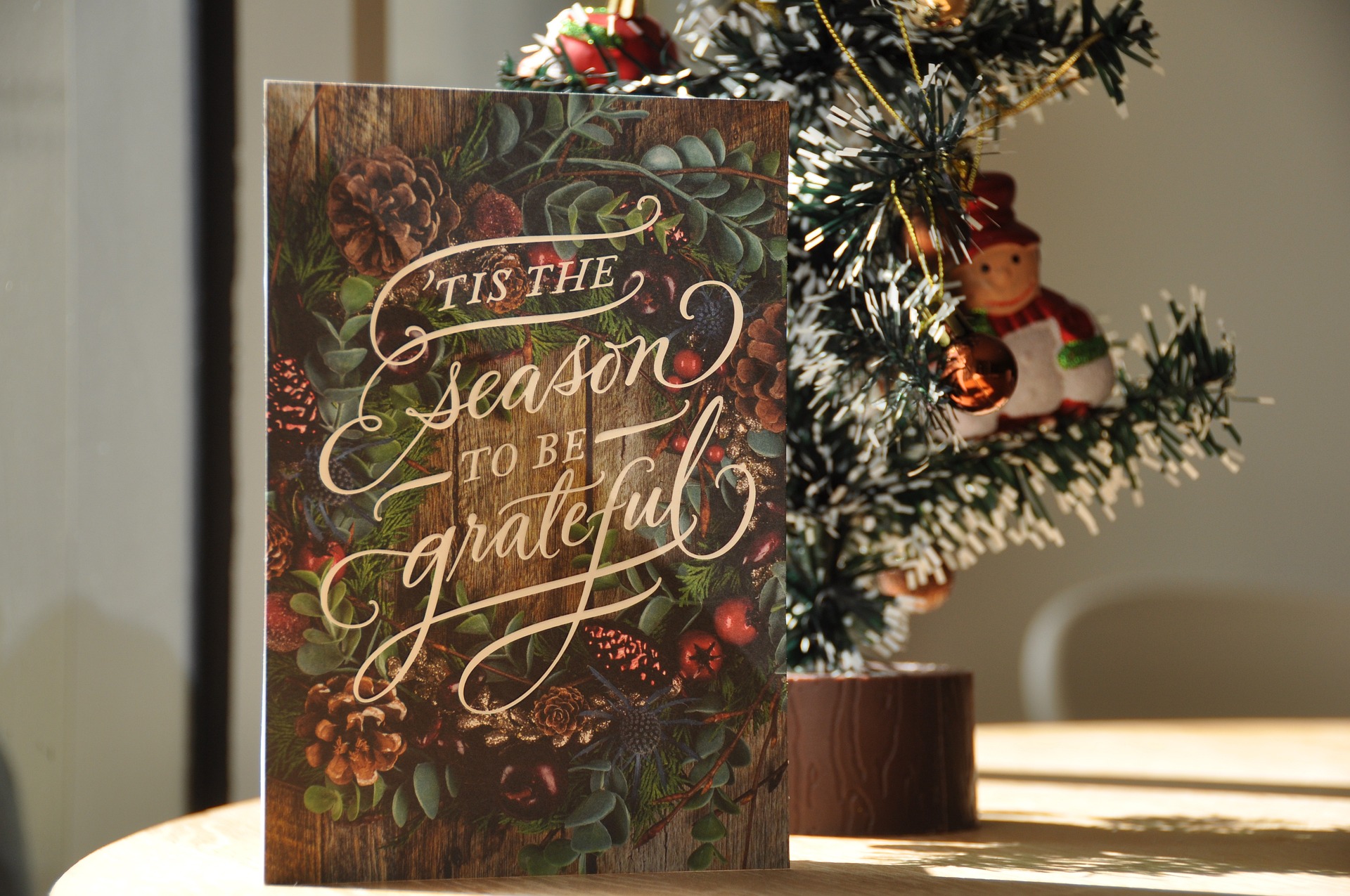
 A Heartwarming Christmas Dining Experience in Reading
A Heartwarming Christmas Dining Experience in Reading
